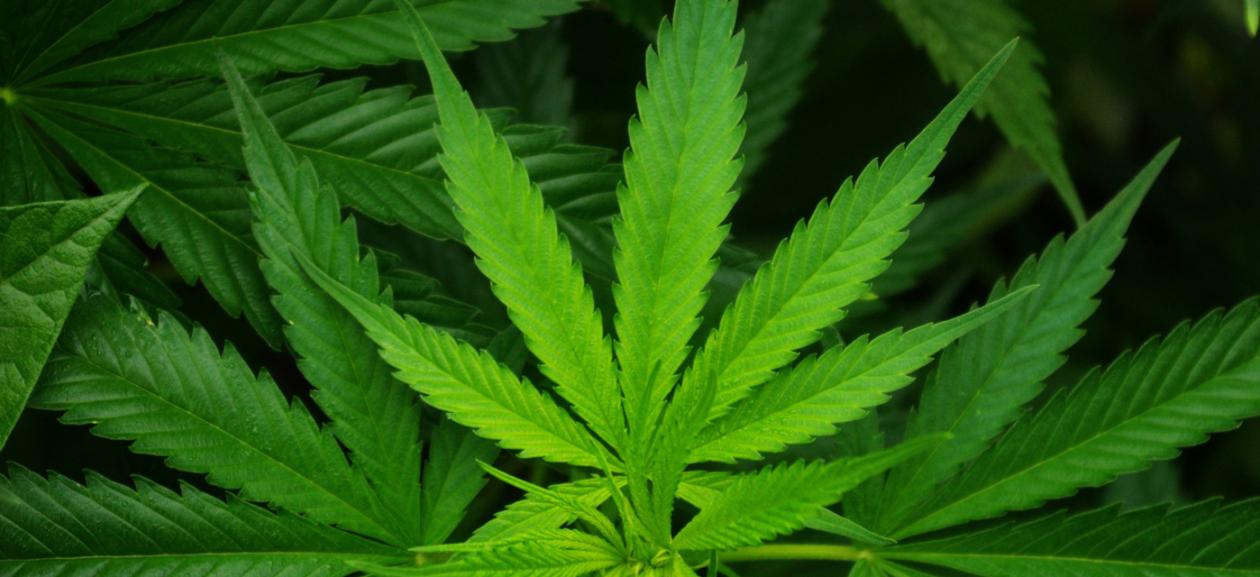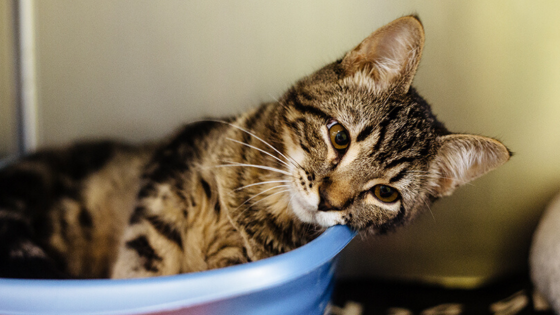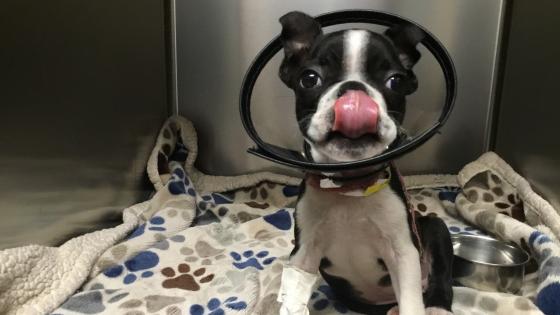
Marijuana: Legal, but Toxic
As availability of marijuana increases in the Portland area since legalization, so have the number of marijuana toxicity cases treated at DoveLewis. Our doctors warn pet owners of the potential risks to their dogs and cats if marijuana is ingested in any form.
“DoveLewis has seen an increase in marijuana-related toxicity cases in recent years,” said Dr. Ladan Mohammad-Zadeh. “We advise securing all marijuana plants, products and food away from pets and in pet-proof containers.”
Animals can be exposed to marijuana in several forms, including secondhand inhalation of smoke and oral consumption. Dogs are especially likely to ingest marijuana when it is used in food products, such as brownies or cookies. And while it’s rare for pets to ingest enough marijuana to be fatal, it can happen – and there are clinical signs to watch for.
“Symptoms are usually seen within 30-60 minutes of inhalation or consumption,” said Dr. Mohammad-Zadeh. “Dogs under the influence of marijuana will stumble when walking, become sedate or lethargic, and may be hypersensitive to any kind of stimulation. Dribbling or leaking urine is also a sign.”
Symptoms of marijuana toxicity to watch for include:
- Vomiting (may contain evidence of ingested baked good or plant material)
- Glassy eyes or dilated pupils
- Trouble walking, stumbling and disoriented behavior
- Over-excitement, agitation or extreme drowsiness
- Dribbling or urinary leakage
- Tremors, seizures or coma
What to do if you think your pet has ingested marijuana:
- Don’t try to induce vomiting at home; if your pet is mentally dull, they may aspirate during vomiting, which could lead to choking.
- Call your veterinarian or DoveLewis so proper treatment can be administered.
- Be up front with your veterinarian about the possibility of marijuana being ingested. Having the correct information can be extremely helpful to the veterinarian.
Recent Posts
Spring Pet Safety Tips
With spring in the air, pet owners should be aware of potential seasonal hazards. While you enjoy the longer, warmer days, keep these tips in mind!
Be Aware of these Common Pet Toxins
March is National Pet Poison Prevention Month and as a hospital that encounters many cases of toxicity in household pets, we want you to be in the know to prevent future ER visits. Review the following household and outdoor toxins to steer your pets clear of ingesting them.



